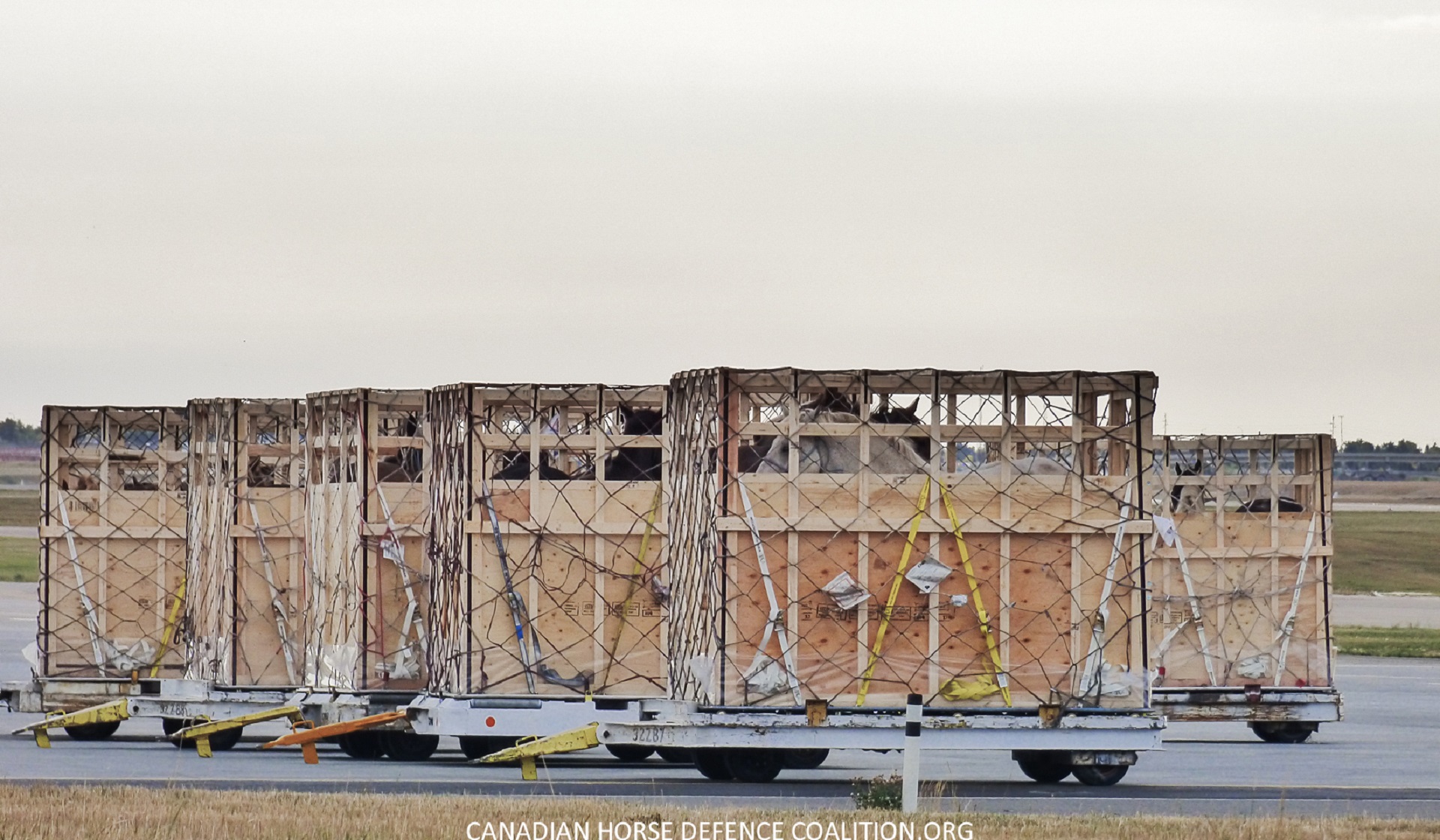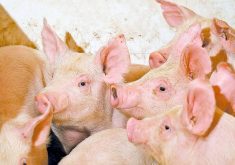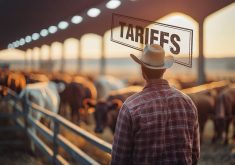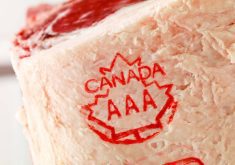So far, so good.

There’s been strongly positive feedback from cattle producers on the proposed criteria that will govern ‘sustainable’ beef, says the co-chair of the committee overseeing their development.
More than 100 comments were received on the criteria, called indicators, for raising cattle in a sustainable manner, said Page Stuart, a cattle feeder and past chair of the Alberta Cattle Feeders’ Association. There has also been more than 50 comments on the indicators for beef processing during the first two rounds of consultation.
“We’ve had broader stakeholder engagement in all the public consultations and constructive feedback with robust recommendations brought forward that have really helped us improve the work,” said Stuart.
“A multi-stakeholder committee developed the indicators, with strong representation from producers, and we have tested the indicators with producers and received positive feedback.
Read Also

Horns aren’t unlocking anytime soon on livestock transport standards
Standards good enough meet the definition of “humane” animal transportation still vary widely between what what industry wants, what animal rights advocates want and, between the two, what federal regulators decide is good enough.
“We had great engagement in the previous consultation.”
A final round of consultations is now underway and the Canadian Roundtable for Sustainable Beef plans to unveil its Verified Sustainable Beef Framework at its annual meeting on Dec. 7. The framework is based on five principles applied to six categories: natural resources; people and community; food; animal health and welfare; efficiency; and innovation.
The feedback has mostly centred around “clarity of intent, rather than fundamental shifts in content,” said Stuart. “We were asked to provide more distinction between the levels in the scoring for some of the indicators, so we’ve done that.
“We also had some minor wording revisions and additional measures provided that we’ve incorporated, and lots of resources put forward to add to the database on our website.”
The indicators, along with the audit manual, have also been tested with producers across Canada. Twenty-one producers volunteered for mock audits and received a followup survey.
“We had an 80 per cent response rate on the survey and the comments were positive and constructive,” said Stuart.
“Producers have been excellent in providing feedback and giving us their time, which we greatly appreciate.”
The goal is to balance the wants of consumers with the needs of producers.
“We have seen a tremendous transition in the relationship between food producers and the general purchasing public over the last couple of decades,” she said.
“Given that agriculture is built on a history of valuing land and community, the concepts of environmental and social responsibility are a natural extension of what we do.
“But agriculture must remain economically viable as well, and ensuring all three pillars are addressed is critical to the future of our industry.”
In order to sell into the verified sustainable supply chain, producers and processors will need to undergo an audit for their cattle and operations to ensure they meet the sustainability claims.
These indicators will form the baseline for those audits, said Stuart, adding the Verified Sustainable Beef program is voluntary.
“It’s up to the individual to decide if they would like to participate.”
Although participating will require more paperwork, the process has been designed to ensure it’s not overly onerous and makes sense from a practical standpoint, she said.
“For beef production to be sustainable, economic viability is paramount, and that is one of the three pillars of our focus,” she said.
Making the program credible for consumers and scalable for the industry round out those three pillars.
The consultations are a way “to check in to see if we’re on the right track” and to make further improvements, she said.
“Constructive feedback has been a necessary and crucial part of the process and has led to a great body of collective work.”
Producer and processor feedback is critical to ensure the framework fits the realities of beef cattle production in Canada, said Stuart.
“These indicators have provided a tremendous opportunity to capture the good work that forms the foundation of the Canadian beef industry, sharing practices and identifying ways to optimize environmental and social impacts, while not losing sight of economic efficiencies.”
Feedback can be submitted until Nov. 4 at www.crsb.ca.















